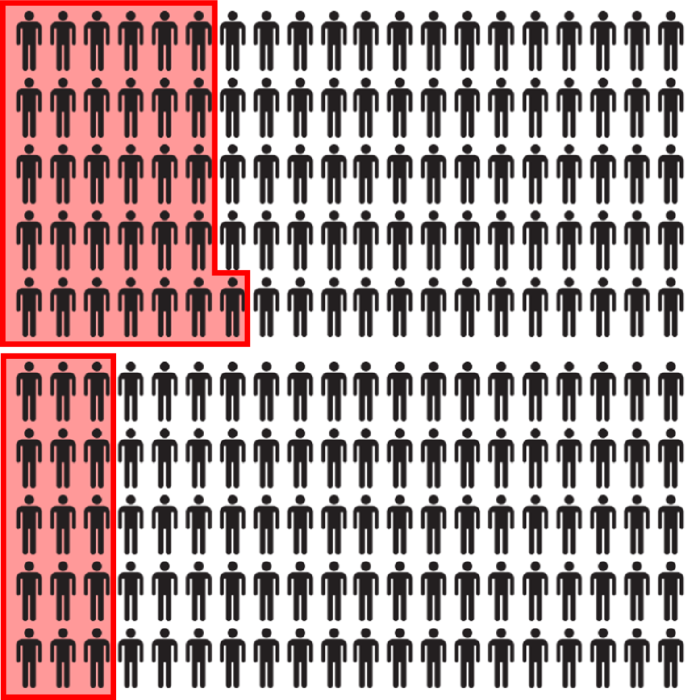A soccer-based intervention improves incarcerated individuals’ behaviour and public acceptance through group bonding
IF 21.4
1区 心理学
Q1 MULTIDISCIPLINARY SCIENCES
引用次数: 0
Abstract
As incarceration rates rise globally, the need to reduce re-offending grows increasingly urgent. We investigate whether positive group bonds can improve behaviours among incarcerated people via a unique soccer-based prison intervention, the Twinning Project. We analyse effects of participation compared to a control group (study 1, n = 676, n = 1,874 control cases) and longitudinal patterns of social cohesion underlying these effects (study 2, n = 388) in the United Kingdom. We also explore desistance from crime after release (study 3, n = 249) in the United Kingdom and the United States. As law-abiding behaviour also requires a supportive receiving community, we assessed factors influencing willingness to employ formerly incarcerated people in online samples in the United Kingdom and the United States (studies 4–9, n = 1,797). Results indicate that social bonding relates to both improved behaviour within prison and increased willingness of receiving communities to support re-integration efforts. Harnessing the power of group identities both within prison and receiving communities can help to address the global incarceration crisis. The Twinning Project, a soccer-based prison intervention, reduced prison adjudications by 50%. Following release, social bonding was related to desistance and community attitudes, highlighting the need to connect incarcerated people with law-abiding groups.


以足球为基础的干预措施通过群体联谊改善了被监禁者的行为和公众认可度
随着全球监禁率的上升,减少重新犯罪的需求日益迫切。我们通过一项独特的以足球为基础的监狱干预措施--"结对项目"--来研究积极的群体纽带能否改善被监禁者的行为。我们分析了与对照组相比的参与效果(研究 1,n = 676,n = 1,874 个对照案例),以及这些效果背后的社会凝聚力纵向模式(研究 2,n = 388)。我们还探讨了英国和美国刑满释放后重新犯罪的情况(研究 3,n = 249)。由于守法行为也需要一个支持性的接收社区,我们在英国和美国的在线样本中评估了影响雇佣曾被监禁者意愿的因素(研究 4-9,n = 1,797)。结果表明,社会纽带既与监狱内行为的改善有关,也与接收社区更愿意支持重新融入社会的努力有关。利用监狱和接收社区内群体身份的力量有助于解决全球监禁危机。
本文章由计算机程序翻译,如有差异,请以英文原文为准。
求助全文
约1分钟内获得全文
求助全文
来源期刊

Nature Human Behaviour
Psychology-Social Psychology
CiteScore
36.80
自引率
1.00%
发文量
227
期刊介绍:
Nature Human Behaviour is a journal that focuses on publishing research of outstanding significance into any aspect of human behavior.The research can cover various areas such as psychological, biological, and social bases of human behavior.It also includes the study of origins, development, and disorders related to human behavior.The primary aim of the journal is to increase the visibility of research in the field and enhance its societal reach and impact.
 求助内容:
求助内容: 应助结果提醒方式:
应助结果提醒方式:


